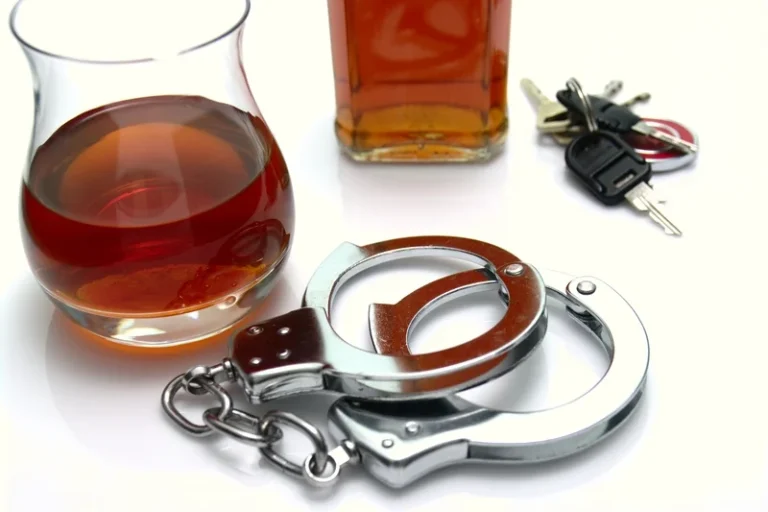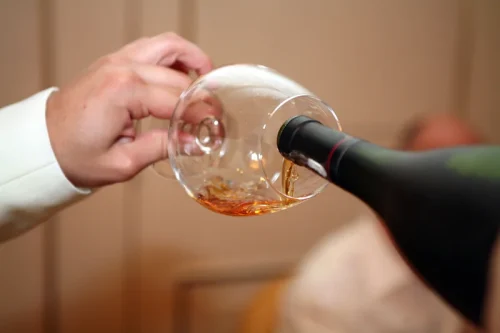
In November 2021, when the psychedelics company Compass Pathways released the top-line results of its trial looking at psilocybin in patients with treatment-resistant depression, the stock of the company plunged almost 30 percent. The dive was reportedly prompted by the somewhat-middling results of the research—but also because of the scattering of serious adverse events that occurred during the trial. By Julia Childs Heyl, MSWJulia Childs Heyl, MSW, is a clinical social worker and writer. As a writer, she focuses on mental health disparities and uses critical race theory as her preferred theoretical framework. In her clinical work, she specializes in treating people of color experiencing anxiety, depression, and trauma through depth therapy and EMDR (eye movement desensitization and reprocessing) trauma therapy.
We asked doctors: Should Massachusetts voters legalize magic mushrooms?

It is currently under study as a treatment for alcoholism, anxiety disorders, Alzheimer’s disease, and other dementias. Also, psychedelics increase disorder in the way brain cells operate, which has the effect of prioritizing incoming sensory input over existing beliefs, encouraging novel responses to incoming information. That may, for example, keep those who experience depression from becoming stuck in repetitive negative thought patterns. Psychedelics pharmacologically return the brain to what can be considered neural childhood.
Find More Resources on Psychedelic and Dissociative Drugs
Always taking their cue from the patient’s needs and the nature of their uniquely individual experience, therapists guide them through the process. Therapists help patients revisit past events and emotions that have been problematic. They also conduct subsequent debriefing sessions to help patients consolidate insights and establish new ways of seeing themselves in relation to the world.
Psychedelic Drug Effects, Side Effects & Dangers
The effects mimic conditions during neurodevelopment, creating the optimal brain state for environmental input to have enduring effects. Experientially, this translates into a renewed, often very positive, sense of possibility. Significantly, as psychedelics stimulate hyperconnectivity between sensory brain regions, they relax connectivity in the so-called default mode network, the interconnected are psychedelics addictive brain areas responsible for self-referential thought and the “me” aspect of self. The experience is felt as ego dissolution, a significant part of the psychedelic experience.. They cause the neurons to fire in a very disorganized way, messing up all the inputs. They also vastly expand the formation of synapses, intensifying neural plasticity, which many consider key to their therapeutic action.


Even in carefully controlled studies, experiences with psychedelics can be “euphoric, or exhilarating or terrifying,” Heifets said. An intense experience, such as a trip on psychedelics, sometimes can jar a person out of that mental rut, experts say. Researchers don’t know exactly how psychedelics help bring people out of a mental illness when other treatments don’t work. When accompanied by psychotherapy, there is growing evidence that psychedelics can work when other treatments fail.
- A psychedelic experience is intangibly vulnerable, so it’s important that the people you’re with are also willing to express their discomforts, pleasures, and general thoughts, without any apprehension.
- No difference in adverse effects was found between participants who used antidepressants and those who did not (31 participants reported using antidepressant medication).
- Cutting-edge therapies like psychedelic-assisted treatment and TMS are revolutionizing mental health care, offering new hope for conditions like PTSD and depression.
- Multiple phase 2 clinical trials — which are done to discern whether a treatment works — suggest that MDMA can treat PTSD symptoms for up to 4 years.
- DMT has become increasingly widely used in Western society in recent years (Winstock et al., 2013), both as the vapourised and inhaled form and as a psychoactive component of the hallucinogenic brew, ayahuasca.
What Are Psychedelic Drugs?
An athlete’s risk of developing brain disease from head trauma is not just limited to CTE, or chronic traumatic encephalopathy. The news that NFL great Brett Favre has been diagnosed with Parkinson’s disease has reignited questions about whether the degenerative brain disorder could have been triggered by injuries during the Hall of Famer’s 20-year football career. The ballot question also calls for homegrown psychedelics in a maximum space of 12 feet by 12 feet, provided no one younger than 21 can have access to the space. King is a psychiatrist at Massachusetts General Hospital and a supporter of Massachusetts for Mental Health Options, the group that is leading support of Question 4.
A contaminant such as fentanyl is odorless and colorless, which makes it difficult to detect. It’s not well understood whether current psychedelic drugs are being contaminated with fentanyl; however, it is possible. Harm reduction practices should be in place to minimize the risk of drug overdose risks. Dr. Boris Heifets, an anesthesiologist and co-director of the exploratory therapeutics laboratory at the Stanford University School of Medicine, said the therapy’s potential for a broad range of mental health conditions is remarkable. Also, reporting and describing adverse events is often subjective to some extent, psychiatrist Rick Strassman noted in a 1984 paper. Those studies had a lot of methodological problems; many lack baseline data about their subjects, didn’t use placebos and/or failed to specify the source of the drug or the setting in which it was given.
What are psychedelic and dissociative drugs?
The distortion of our subjective experience of self is a core part of the psychedelic experience, which also includes an increase in emotional empathy, the ability to respond to the mental state of others. People report greatly enhanced sociability, feel as though they have “taken off the mask they wear around others,” or that the personal “wall” that separates them from others has fallen. Because our ego separates us from others, ego dissolution causes people to feel much closer to others, whether they know them well or not. Whether it’s a clinical setting or a retreat, it’s important to understand that ingesting psychedelic substances alters consciousness and can make you vulnerable to suggestion.

Abuse liability
Psychedelic agents are substances—most of them naturally derived from plants—that change people’s mental states by temporarily altering their perception of reality. As a result, the substances can lastingly induce changes in thoughts and feelings. Some experts have expressed concerns at the rise of self-medicating, particularly after the 2020 Global Drug Survey showed an increase in the number of people who say they are self-treating various mental health concerns with psychedelics.
- The data suggest that MDMA was only identified in 60% of substances collected at events, and concludes that access to testing kits greatly reduces the risk of consuming a dangerous replacement substance rather than pure MDMA.
- Ketamine does not interact with antidepressants, so is a method of psychedelic therapy those unable or uninterested in discontinuing their medications could consider.
- Even in carefully controlled studies, experiences with psychedelics can be “euphoric, or exhilarating or terrifying,” Heifets said.

